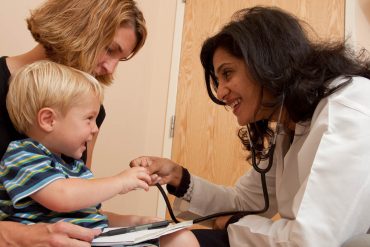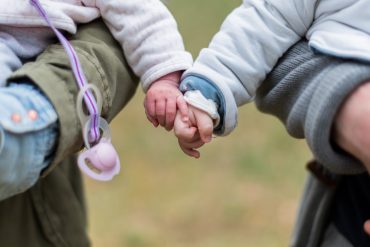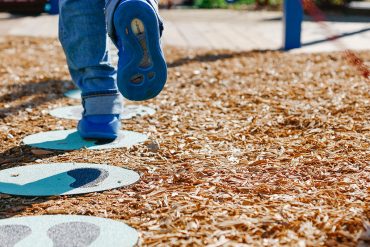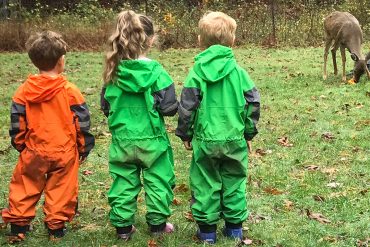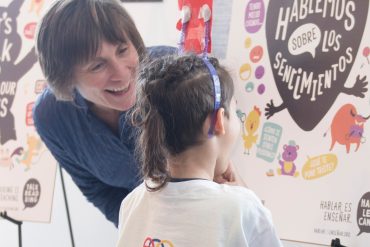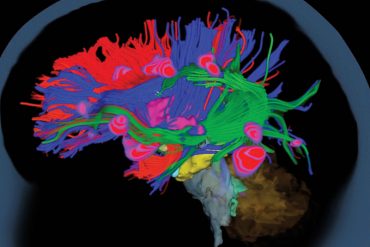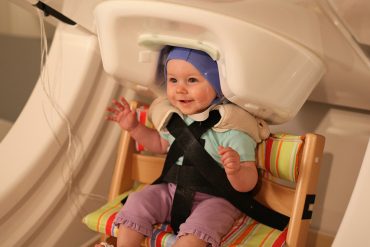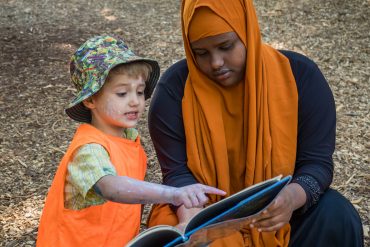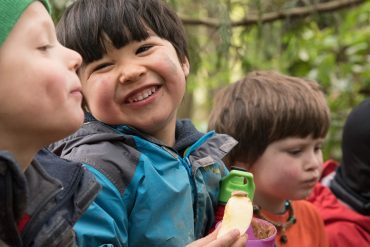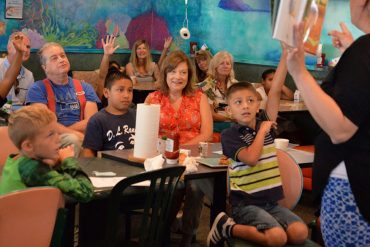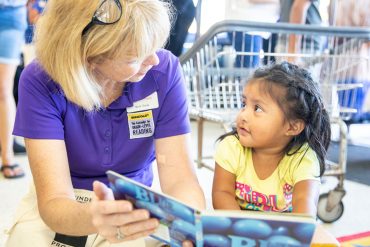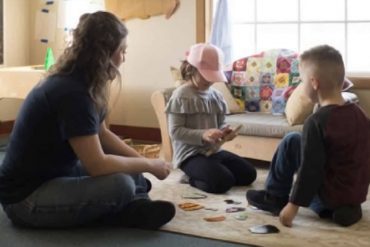The idea is so logical it almost goes without saying: It is better, smarter and more efficient to handle small...
K.C. Compton worked as a reporter, editor and columnist for newspapers throughout the Rocky Mountain region for 20 years before moving to the Kansas City area as an editor for Mother Earth News. She has been in Seattle since 2016, enjoying life as a freelance and contract writer and editor.
Language evolves. What was once a just-right phrase that fit a situation like a glove can, in time, become constraining...
Playful Learning Landscapes
Meeting Children Where They Are with What They Need
Plaza. Piazza. Town square. The names may differ region to region, but they describe similar spaces: a place where residents...
Most U.S. schoolchildren know more about the Amazon rain forest than the ground beneath their feet and more about penguins...
When the Onondaga Citizens League saw that only 9% of the students in the Syracuse City School District were reading...
Amid the technological hustle and bustle of the University of Washington’s Institute for Learning & Brain Science (I-LABS), one research-assistant position requires a particularly specialized skill set: Toy Waver.
When you see a baby gazing on the world, you might imagine a little sponge passively soaking up information. Don’t...
The children attending Tiny Trees Preschool classrooms in Seattle and King County parks may look like they’re “just playing,” but those little boots are actually marching, climbing, stomping and squishing their way to a well-rounded preschool education.
Throughout most of human history and in most of the world, that paradigm of children playing outdoors as a part of childhood has been so integral as to be transparent. Not so in the U.S., where, according to the Child Mind Institute, the average American child spends four to seven minutes a day in unstructured play outdoors and more than seven hours a day in front of a screen. Washington State is changing that.
Why Don’t We Just Do That?
Over Cocktails, Restaurateurs Hatch a Plan for Literacy
Three years ago, Amanda and John Horne, owners of Anna Maria Oyster Bar in Bradenton, Florida, heard that 51 percent of children in their local Manatee County school system couldn’t read at grade level by third grade. They were appalled.
“This was horrific,” Amanda says. “We had no idea that this was an issue.”
Over cocktails one night, Amanda and John wondered what they could do. Their clientele is largely composed of older “grandparent-type” people. They have four restaurants and a mailing list of more than 24,000 customers. What if they could pair children up with a grandparent figure or somebody who cares about them, read with them and maybe instill them with a love of reading?
Mobilizing Communities So All Children Make the Grade
Pop Up Neighbor events, community, collaboration, mobilization
Even without advance promotion, when word got out that the SuperMatt Laundromat in Sarasota, Florida, was offering free laundry all day, neighborhood residents formed a steady stream of customers.
Not only was laundry-and-all-the-fixings free—a boon to low-income families who can ill afford the $35 to $50 a week they spend trying to keep their kids in clean clothes—the food bank was there with abundant food to restock their pantries.
Best of all, there were books—lots of books—and plenty of volunteers to read to children while the adults did as many loads of laundry as needed. When the children left, books went home with them.
Trauma, chaos and unrelenting stress can overwhelm anyone’s ability to nurture. For incarcerated parents, these hardships often have been a...



